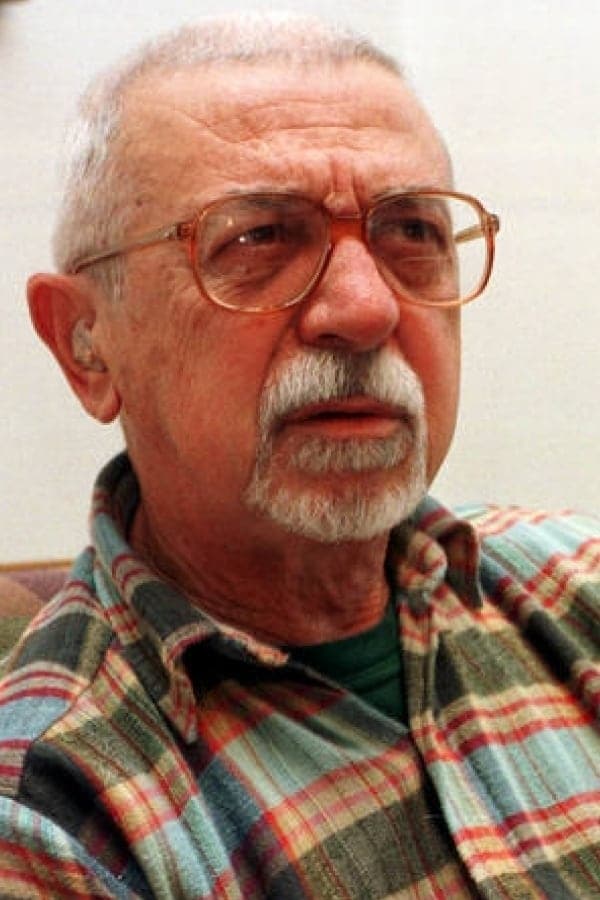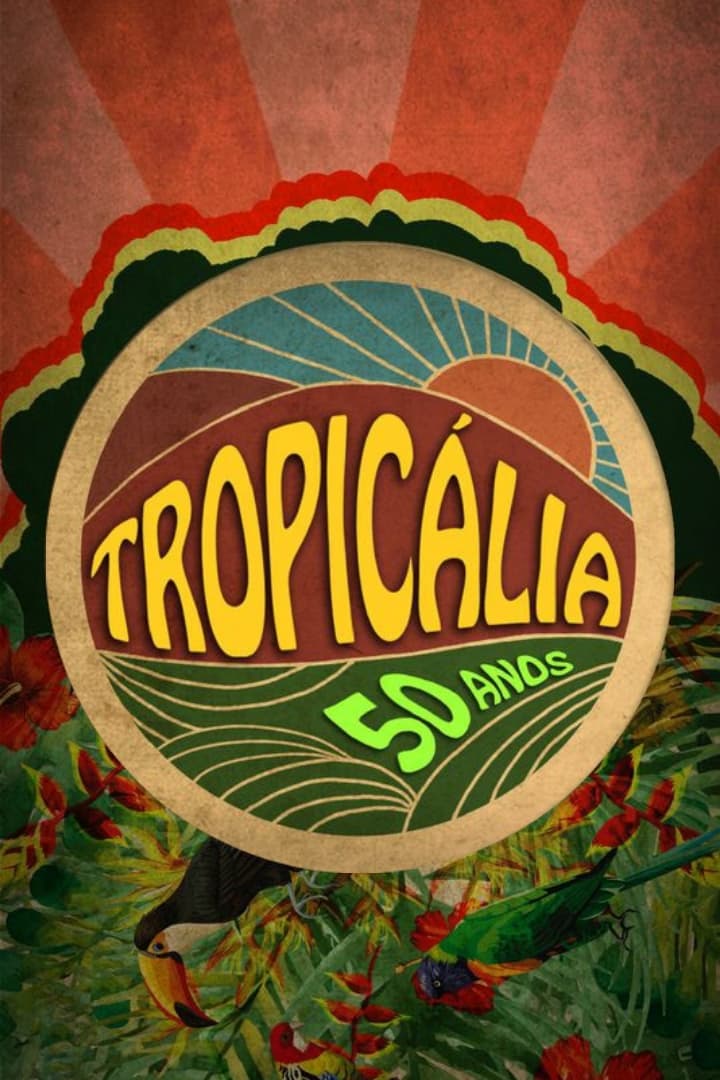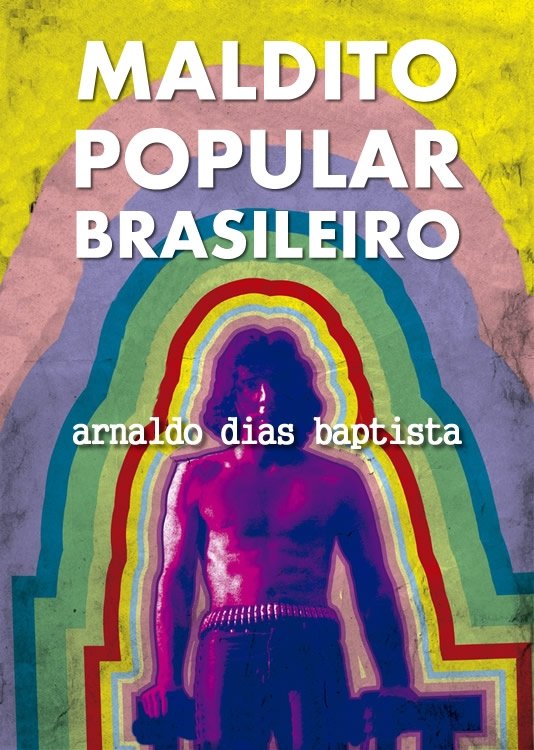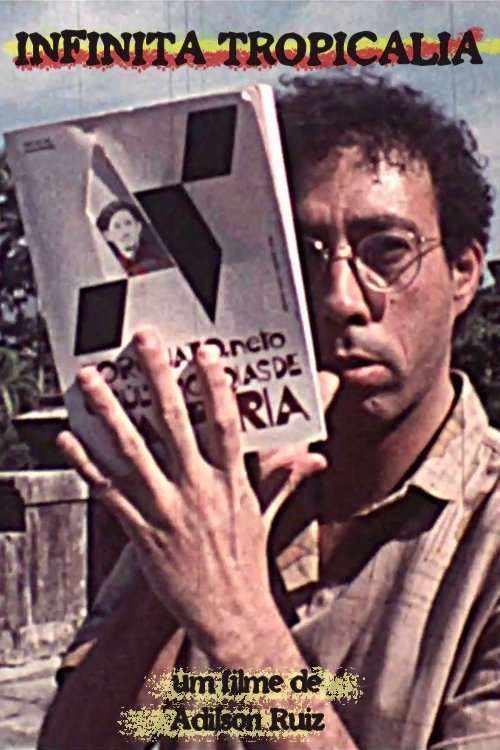

Documentary about amazing Brazilian musician Rogério Duprat, main orchestrator of Tropicália, his rehearsals with Gal Costa, Os Mutantes, Gilberto Gil and Caetano Veloso. There's also the first performance of his 1958 "5 Pieces for a Solo Cello" and pieces of the only recording of "Organismo", serial work inspired by a Décio Pignatari's poem.


Tropicália was a Brazilian cultural movement that occurred between 1967 and 1968, inspired by Oswald de Andrade's anthropophagic ideals, pop art and the concretism. Twenty years later, this film revisits the movement and shows that Tropicalismo will never die.
Rogério Duprat (7 February 1932 – 26 October 2006) was a Brazilian composer and musician. Born in Rio de Janeiro, Duprat spent much of his life in São Paulo, where he died. It was there in the early 1960s that he developed an interest in the avant-garde art and music that would soon lead to him studying in Europe with Karlheinz Stockhausen and Pierre Boulez. Returning to Brazil, Duprat wrote scores for Walter Hugo Khouri's films. Against the background of military dictatorship, Duprat met the leaders of Tropicália: Caetano Veloso and Gilberto Gil. He found himself instantly drawn to the movement by their determination to absorb universal culture and revolutionize Brazilian music. He wrote most of the arrangements of tropicália albums by Caetano Veloso, Gilberto Gil, Tom Zé, Gal Costa, Os Mutantes, including the album Tropicália ou Panis et Circenses. He also made arrangements for other artists, such as Chico Buarque, Alceu Valença, Geraldo Azevedo etc. Duprat's arrangements received much praise over the years, and he became known as the "George Martin of Tropicalia" and the "Brian Wilson of Brazil". From Wikipedia, the free encyclopedia
By browsing this website, you accept our cookies policy.